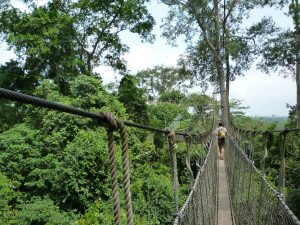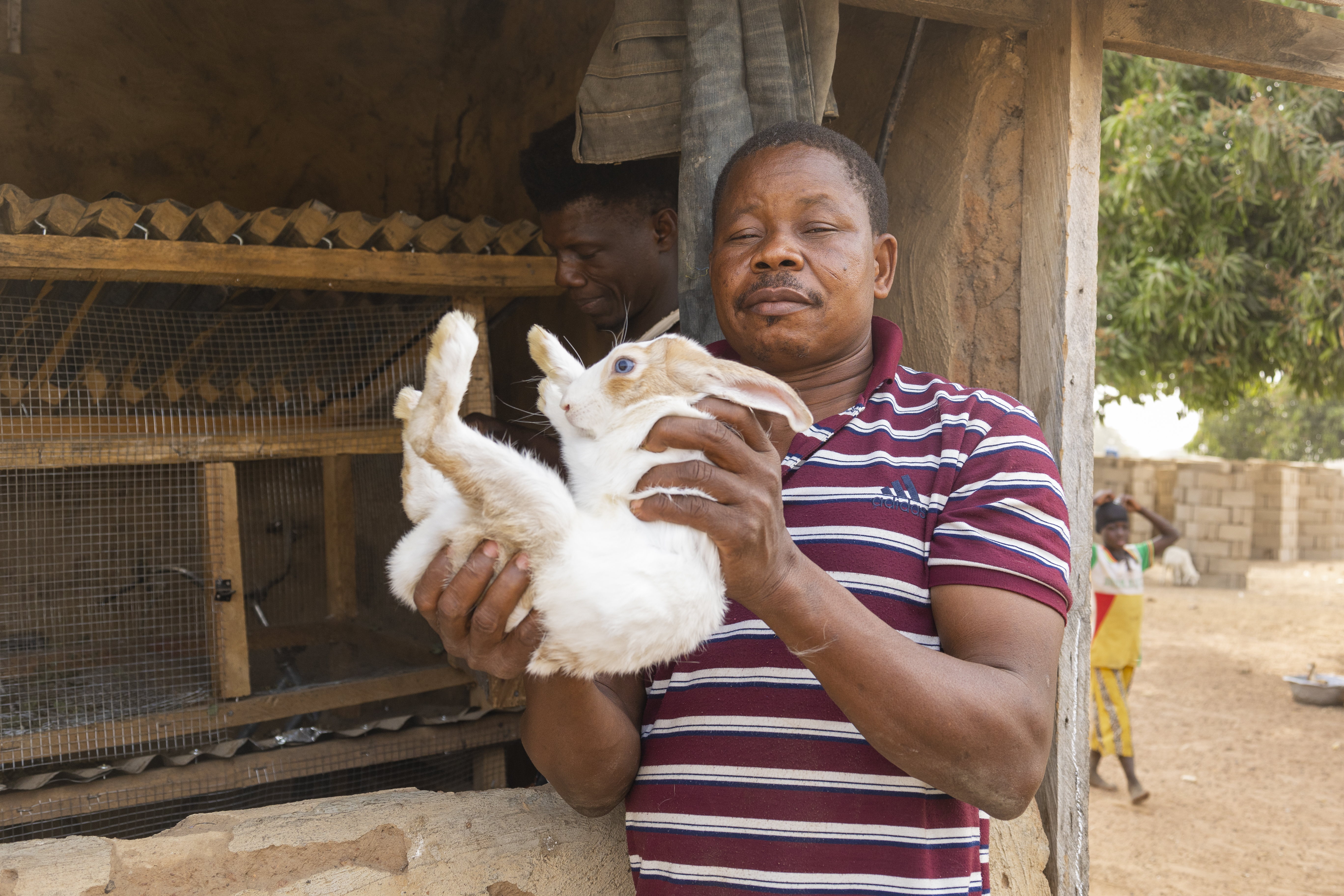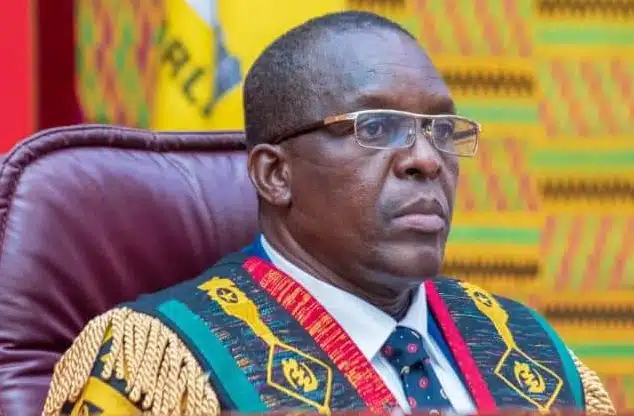Prioritize education of your Children with benefits of living with wildlife project.
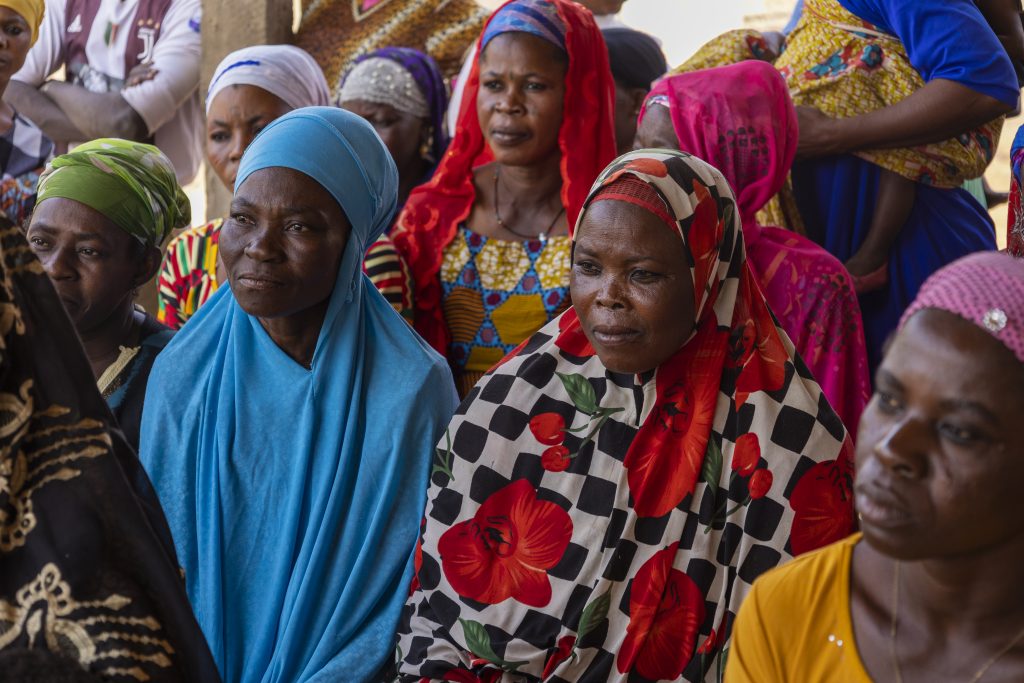
Women within the Chakali-Sungmaaluu CREMA (Wa East District) and the Moagduri-Wuntanluri-Kuwumsaasi (MWK) CREMA (Mamprugu-Moagduri district) have been urged to prioritize the education of their children through schools.
“Aside from aiming to achieve participatory wildlife management for Mole National Park, our secondary goal is to empower you for improved economic independence through sustainable shea production training.
The training and project can increase income, enabling parents to secure formal education for their children. Prioritize education, avoid spending on clothing or gifts, and prioritize formal education and child care.”
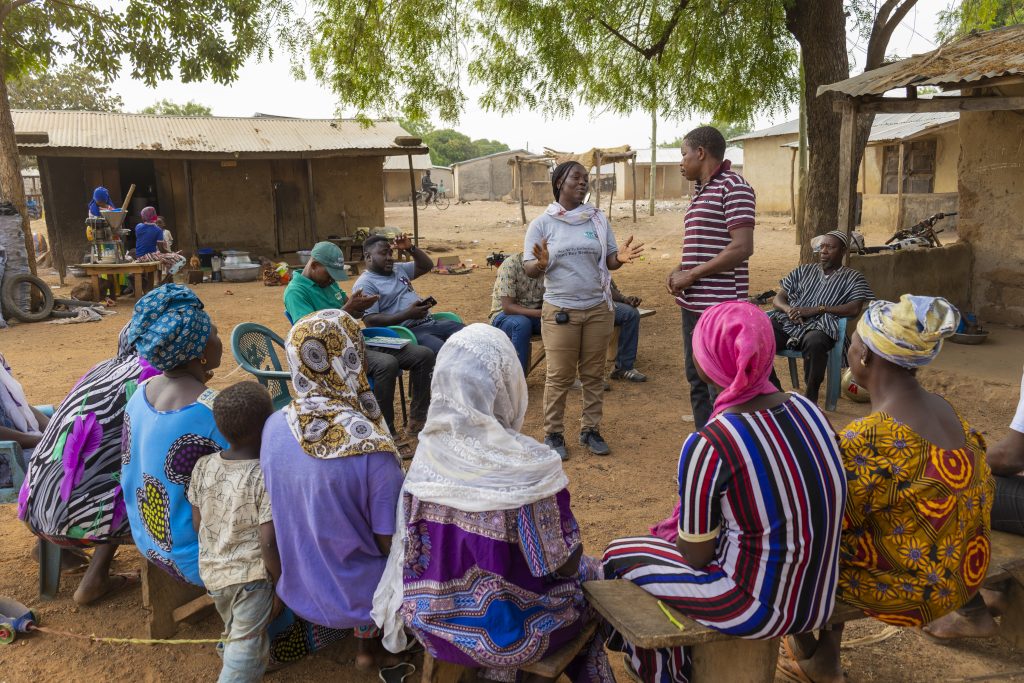
This was expressed by Ms. Margaret Appiah, coordinator for the project “Living with Wildlife: Improving Livelihoods in the Mole Ecological Landscape,” during a monitoring visit to the communities.
Sustainable shea production is part of various livelihood improvement interventions that are being rolled out in the two CREMAs.
The target of the activity is to train 400 women within the Mole Ecological Landscape for efficient and safe collection of organic shea nuts and to increase the quality and quantity of the shea butter produced from the share nuts.
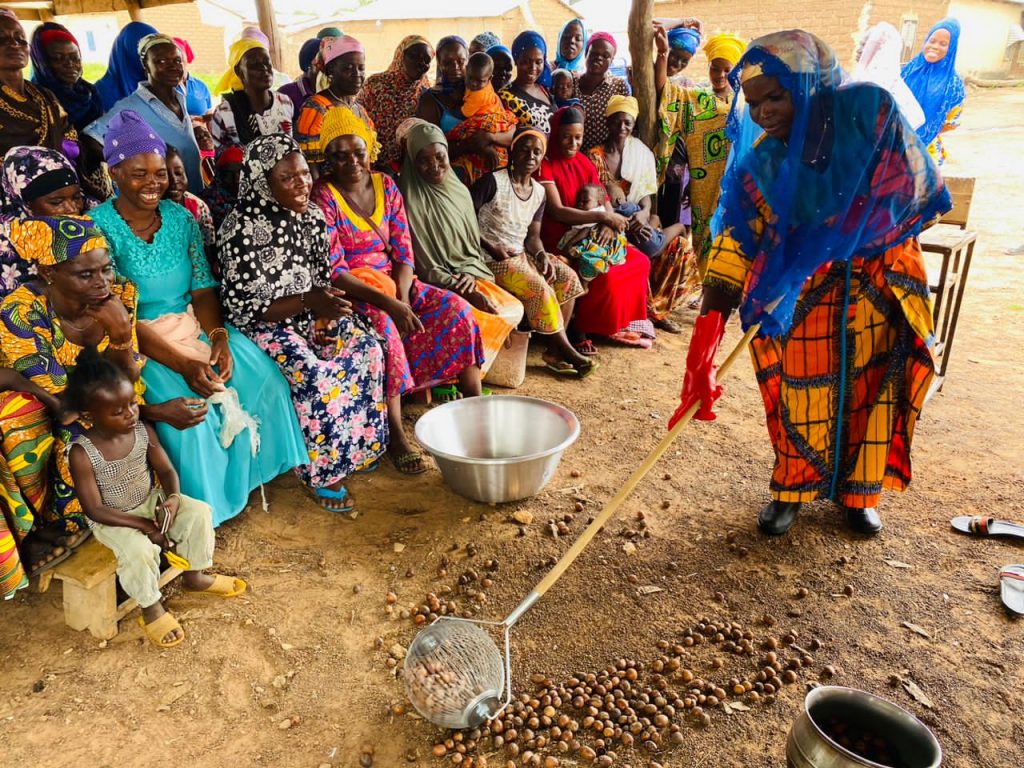
The three (3) communities—Gurumbelle, Chagu, and Tantala—have already received their share of the training and associated support from the project. However, seven (7) more communities—Katua, Gbantala, Yanyuori, Buler 1 and 2, Wuntibiri, Yizesi, and Mugu—are still waiting for their turn.
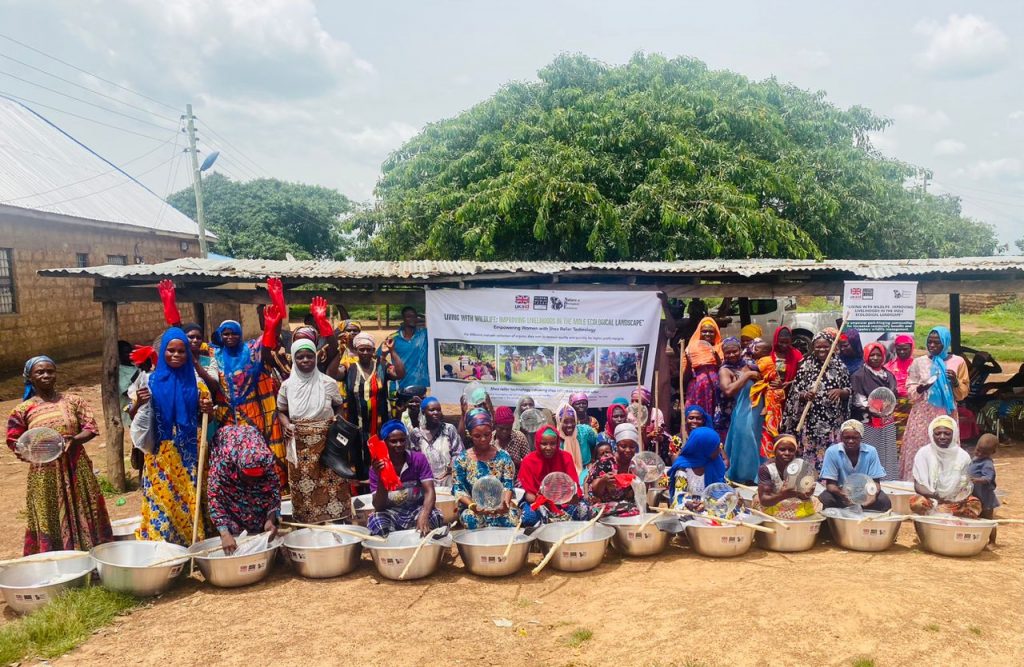
The project is funded by UK aid through the Illegal Wildlife Trade Challenge Fund (IWTCF), and it is being implemented by a consortium led by the Nature and Development Foundation (NDF) with Mole National Park and CK-Tedam University as partners.
The aim of the project is to empower park-fringing communities for increased community benefit and participatory wildlife management. Implementers of the project envisage achieving this goal through the provision of nature-based livelihoods, agroforestry systems, and strengthening of the MWK and Chakali Sungmaalu CREMAs.
The project came about because of high levels of poaching of buffalos, hartebeests, elephants, and other carnivores for bushmeat and body parts trading resulting from inadequate participatory management of the MNP with park-fringing communities, inadequate nature-based livelihoods, and low law enforcement in the north and north-western parts of the park where the two CREMAs are located.
According to Ms. Appiah, by addressing the economic needs of the local women and promoting coexistence with wildlife, the project will not only uplift communities but also contribute to conservation efforts.
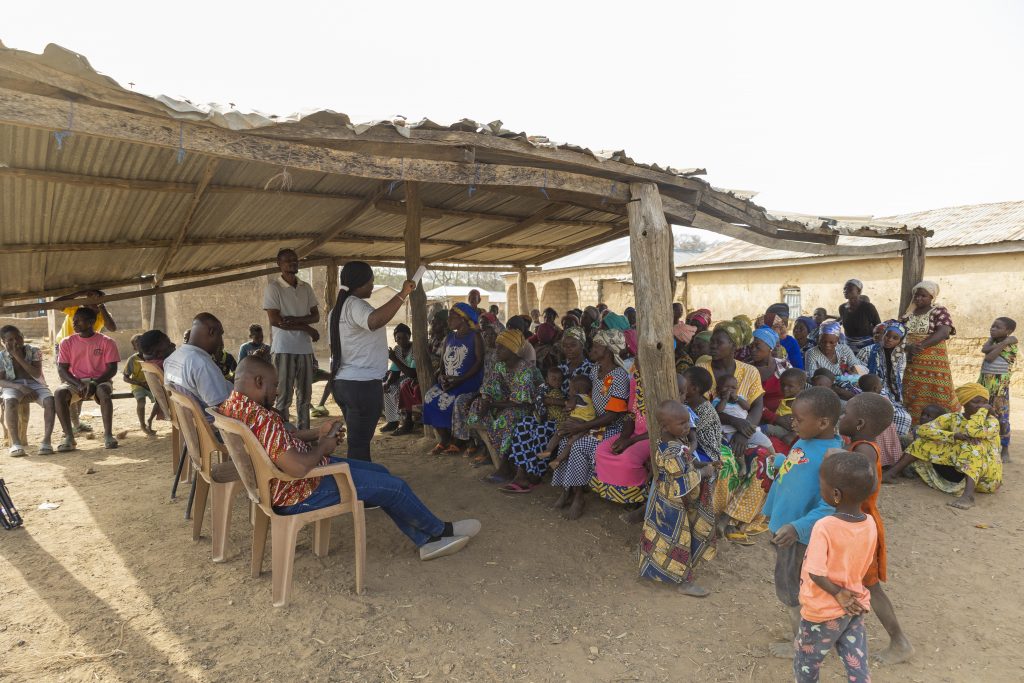
As the project continues to progress, it is anticipated that more women will benefit from similar initiatives in the future, furthering the vision of economic empowerment and improved livelihoods in the ecological landscape of Mole National Park.
